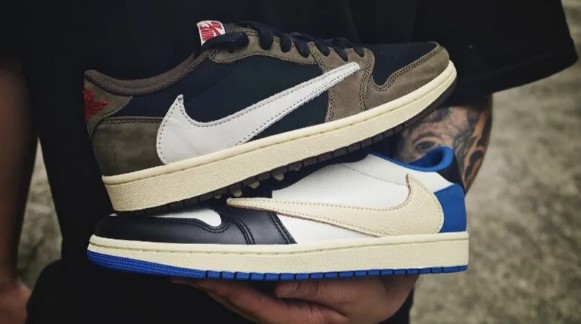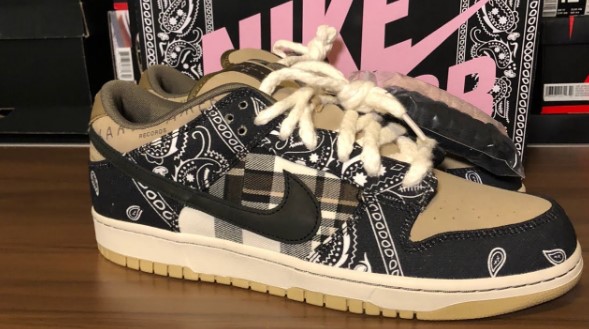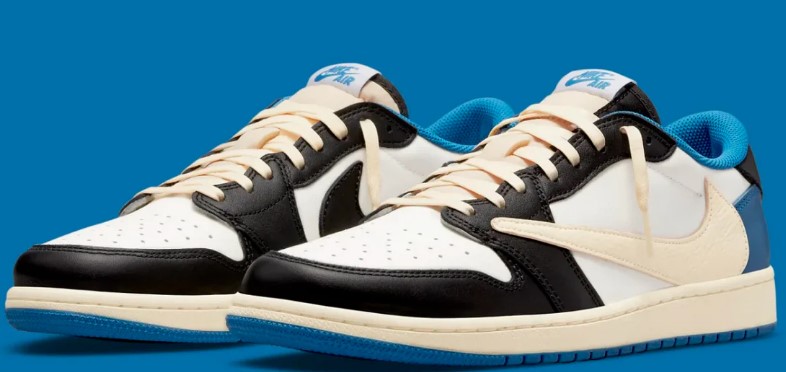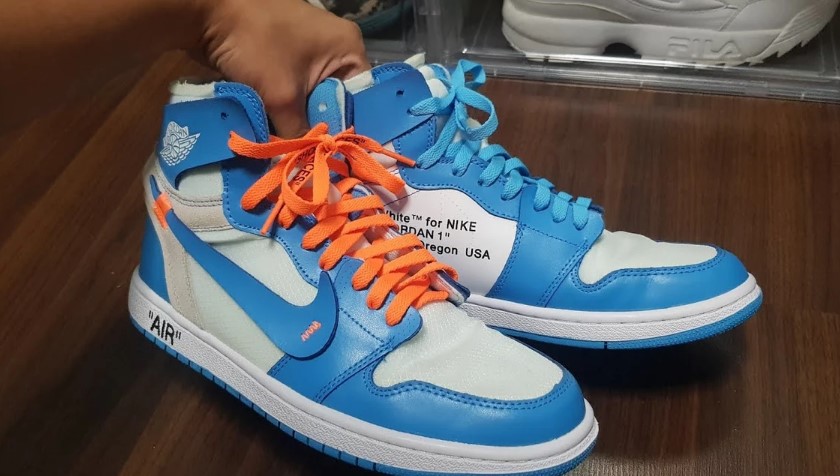It’s a question as old as the sneaker culture itself: are reps fake shoes? This article aims to address this intriguing inquiry, shedding light on the complex world of replica (rep) sneakers. Join us as we delve into the world of counterfeit kicks, imitation athletic shoes, and duplicate trainers, deciphering the differences and understanding the implications.
What Exactly Are Replica Sneakers?

Replica sneakers, often shortened to “reps,” are essentially copies of popular, often high-end, designer shoes. They are made to imitate the design, colorways, materials, and even the branding of the original shoes. These knockoff trainers aim to offer the look and feel of the genuine product, often at a significantly lower cost.
So, Are Reps Fake Shoes?
Yes, technically speaking, reps are considered “fake” shoes because they are unauthorized reproductions of the original products. They imitate the design and branding of the original manufacturers without their permission, which is why they are often categorized as “counterfeit” or “fake.” However, this doesn’t necessarily mean that they are all of low quality.
How Do Replica Shoes Compare to Genuine Ones?
The quality of replica shoes can vary greatly. Some knockoff footwear may be of considerably lower quality than the original, using cheaper materials and less precise manufacturing processes. This often results in shoes that may look similar to the original at first glance but have a lesser overall feel and durability.

On the other hand, some replica sneakers, often referred to as “high-end replicas,” are manufactured with great attention to detail and use similar, if not identical, materials as the originals. These can sometimes be almost indistinguishable from the genuine product, even to the trained eye.
What Are the Risks of Purchasing Knockoff Footwear?
While the lower price tag can be enticing, buying counterfeit shoes comes with several risks. First, you might not get the quality you expect. As previously mentioned, the quality of replicas can vary greatly. Secondly, there’s a risk of supporting unethical business practices. Many counterfeit products are produced in conditions that don’t respect workers’ rights or environmental standards.
What Are the Ethical Implications of Buying Replica Shoes?
Purchasing replica sneakers raises several ethical issues. Firstly, it infringes on the intellectual property rights of the original designers. When a shoe’s design is copied without permission, it’s a violation of the creative efforts and investments made by the original brand.
Secondly, it can indirectly promote unfair labor practices. Many counterfeit products are made in sweatshops that do not adhere to labor laws, often exploiting workers. Finally, it can disrupt the economy. The counterfeit market doesn’t pay taxes, and by contributing to it, you’re supporting an underground economy.
How Can I Differentiate Between Genuine and Fake Brand Shoes?
Spotting fake sneakers can be tricky, particularly with high-end replicas. However, some common telltale signs can help you differentiate:
- Price: If a deal seems too good to be true, it probably is.
- Stitching: Authentic shoes often have precise and consistent stitching.
- Material quality: Genuine shoes usually use high-quality materials.
- Branding: Check for any discrepancies in logos or brand names.
- Packaging: Original shoes often come with high-quality packaging, including detailed box art and additional accessories.
Are Replica Shoes Worth the Lower Price?

It ultimately depends on what you value. If brand authenticity, supporting original design, and ethical production are important to you, then it’s best to stick with authentic shoes. If, however, you’re primarily concerned with the aesthetic appeal and aren’t bothered by the lack of authenticity, replicas may suffice for your needs.
A Deeper Dive

Having touched upon the basics of what replica sneakers are, let’s dive deeper into the nuances surrounding this complex issue. Replica shoes are more than just ‘fake’ alternatives; they represent a global industry with significant influence and relevance. In this second half of the article, we will explore the legality of replica shoes, how to avoid buying fake designer shoes, and some common scams involving counterfeit footwear.
Are Replica Shoes Legal?
The legality of buying and selling replica shoes can be a complex matter, and it often depends on the laws of the specific country. For instance, in some jurisdictions, it’s illegal to sell counterfeit goods, including replica shoes. However, in others, buying replicas for personal use might not be illegal.
However, it’s crucial to remember that even if buying replicas for personal use is not illegal in your jurisdiction, it doesn’t make it ethical or risk-free. Intellectual property rights are global issues, and when you buy a replica, you’re contributing to an industry that infringes on these rights.
How to Avoid Buying Fake Designer Shoes

Avoiding fake designer shoes involves being diligent, especially when shopping online. Here are some tips to help you ensure you’re purchasing authentic goods:
- Buy from Authorized Retailers: Ensure you’re purchasing from a trusted source, preferably an authorized retailer. These sellers have a reputation to uphold and would not risk selling counterfeit goods.
- Inspect the Shoes: Look out for irregularities. Real designer shoes have impeccable craftsmanship. If you see sloppy stitching, poor-quality materials, or anything out of place, they’re likely replicas.
- Authenticity Certificates: Some designers provide an authenticity certificate or a unique serial number to verify the authenticity of the shoes.
- Price Comparison: Genuine designer shoes will rarely, if ever, be significantly discounted. Beware of offers that seem too good to be true.
Common Scams Involving Counterfeit Footwear
Counterfeit footwear can also lead to a host of scams that prey on unsuspecting consumers. Here are a few common ones:
- Bait-and-Switch: Some sellers will advertise genuine shoes but send replicas instead.
- Fake Online Stores: Scammers can set up professional-looking online stores that seem to sell genuine products, only to deliver counterfeit goods.
- Social Media Scams: Scammers can use social media platforms to lure in potential buyers with discounted prices for high-end shoes. These are often replicas or, in some cases, the buyer may not receive anything at all.
In the end, while the world of replica shoes can seem enticing due to the lower prices and access to high-end designs, the reality is more complex. From legal issues to ethical concerns, and from the risk of scams to the potential support of unfair labor practices, the implications of purchasing replicas are far-reaching.
Knowledge, as always, is power. By understanding what you’re buying, where it comes from, and the effects of your purchase, you can make informed decisions that align with your personal values. Whether you choose to buy replicas or stick to genuine shoes, this knowledge will ensure that you do so with a full understanding of the ramifications.
Also Read: Can You Return Shoes on GOAT? (Working Tips)
Conclusion
In conclusion, while replicas may be deemed “fake” in the strict sense of the word, their appeal lies in their affordability and accessibility. However, it’s crucial to be aware of the risks and ethical implications that come with buying these counterfeit kicks. Knowledge is power, and understanding the dynamics of the replica shoe industry can help you make informed decisions that align with your values and preferences. We hope our guide about “Are Reps Fake Shoes?” will prove much beneficial for all our readers.

Tasha Harshman: As a talented blogger and writer, she weaves words into magic, leaving readers spellbound. With every article, Tasha’s storytelling prowess and unique perspective ignite imagination and spark curiosity. Prepare to be transported to extraordinary worlds.


